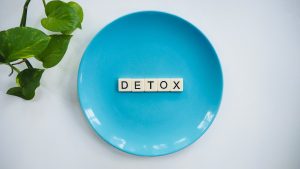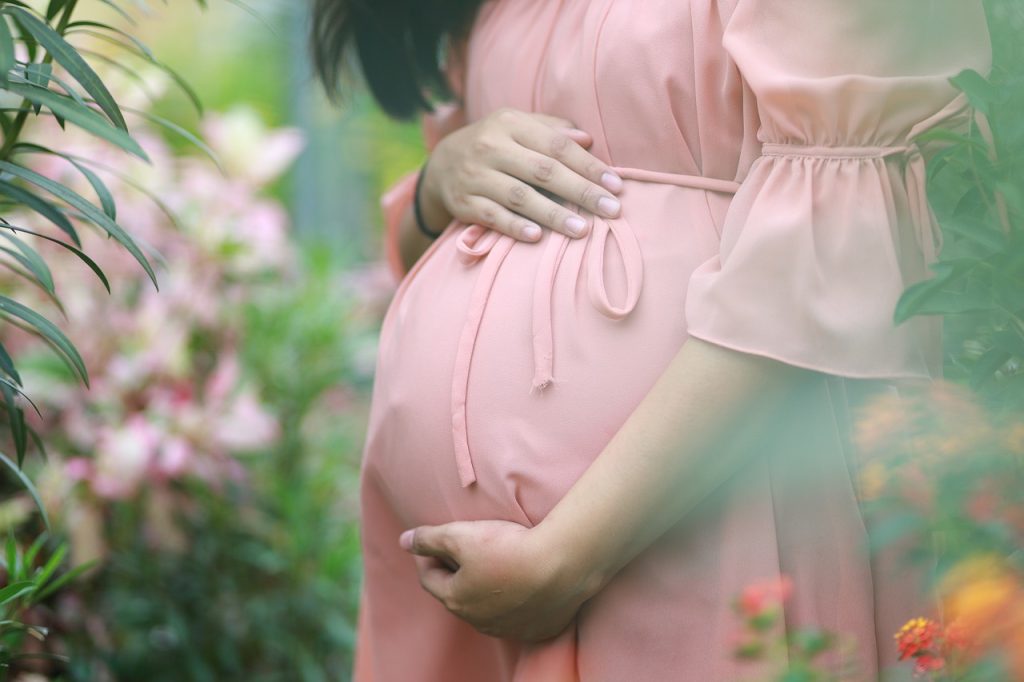Drug and alcohol abuse continues to be a massive problem in the United States that usually results in unpleasant side effects. This is especially true for expectant mothers. Drug and alcohol abuse can put both the expectant mother and their baby's life at risk.
Unfortunately, quitting drugs and alcohol or detoxing while pregnant cold turkey can be quite dangerous, putting the victim at risk of miscarriage.
But all hope is not lost. Choosing the right rehab facility can help in both the detox process and ensuring the safety of the expectant mother and their baby.
The most important thing is ensuring the detox process is done in a highly supervised environment.
So, have you been asking yourself, “is it safe to detox while pregnant?” We have all the answers you need. Read on to learn more.
Understanding the Risks of Drug Use During Pregnancy
While drug and alcohol use during pregnancy is known to be dangerous, there are some women who simply find it difficult to quit voluntarily.
In fact, studies show that approximately 15% of all pregnant women in the country continue to abuse drugs and alcohol despite the possible side effects it may cause to the unborn baby. Others continue to abuse opiates.
It is also worth mentioning that most of the expectant mothers (56%-92%) who abuse drugs and alcohol suffer from some sort of psychiatric illness, while at least 70% of them have suffered some sort of sexual abuse before.
The risk of abusing drugs or alcohol while pregnant is massive. Remember that nutrients are filtered from the mother to the baby during pregnancy. This occurs via the placenta.
Therefore, drugs and alcohol taken by the mother can also be directly transmitted to the unborn baby. This can result in several effects, such as low birth weight, premature birth, birth defects, developmental delays, and even death.

In the worst-case scenario, the baby might be born with Neonatal Abstinence Syndrome (NAS). In this case, the baby is born addicted to drugs and may experience severe withdrawal symptoms after birth.
NAS is highly likely when the expectant mother uses opioids during pregnancy. However, it can also happen with alcohol and other drugs.
Many babies exposed to drugs and alcohol pre-birth struggle with an increased risk of developing infant death syndrome as they grow.
They can also experience increased risks of developing an addiction of their own, developmental delays, and learning disorders.
Common signs of newborn withdrawal symptoms include diarrhea, abnormal sucking reflex, blotchy skin, irritability, seizures, trembling, sweating, increased muscle tone, fever, excessive/high-pitched crying, and trouble sleeping.
Is It Safe to Detox While Pregnant?
Detoxing while pregnant can be quite complicated than standard detox, but it is possible. You can still detox in a safe manner that doesn’t cause harm to the unborn baby.
Medical detox during pregnancy is safe and effective. Your doctor will carefully assess your situation to determine the best course of action and closely monitor your progress.
The primary goal is to eliminate the risks of complications such as seizures and electrolyte disturbances that may occur.

However, it is important to note that not all drugs can be detoxed safely during pregnancy. Certain drugs, such as benzodiazepines and barbiturates, should never be abruptly stopped since they may lead to serious withdrawal symptoms for both mother and baby.
It is also recommended to avoid “cold turkey” detox methods because they can be dangerous and potentially cause harm to the mother and baby. Always consult with a medical professional before attempting any detox during pregnancy.
What Is Medical Detox Like for Pregnant Women?
Highly experienced clinicians have established protocols for detoxing expectant women that health organizations such as The Substance Abuse and Mental Health Services Administration (SAMHSA) highly recommend. Only trained medical professionals can implement the protocols safely and effectively.
The first part of the process is a medical examination. The primary purpose of medical examination is to determine the safety of detox for you and your unborn baby.
A thorough exam is conducted to evaluate your physical health and establish the benefits and risks of detox.
Alcohol detox can be quite dangerous if you have already developed physical dependency. Your physician will assess all aspects to determine the best medical interventions needed to keep you and your baby safe during detox.
The next stage involves the management of withdrawal symptoms to keep you and your baby as comfortable as possible.
Opiate detox poses a unique challenge for pregnant women since such drugs require special medications to help manage withdrawal symptoms.
However, other treatment alternatives can be used during pregnancy. For instance, methadone or buprenorphine are safer substitutes for opiates like heroin or prescription painkillers.

Your medical team may also provide psychological support to help you deal with any underlying mental health issues that may contribute to drug or alcohol abuse. This could include counseling, therapy, and other types of support.
Medical detox also involves obstetrical care for pregnant women. Regular obstetric examinations are critical in preventing potential problems and monitoring your baby’s development in the womb.
Some detox facilities have a team of highly trained obstetricians who provide specialized care within the facility, while others will connect you with outside experts during your time with them.
Administering addiction education is also important since it plays a critical role in keeping the mother and baby safe from the effects of drug or alcohol abuse after the detox program.
Without proper education, you won’t understand the potential risks that drugs and alcohol can pose to your baby.
It’s also important to have a follow-up plan in place after completing detox. This may include enrolling in a treatment program, joining support groups, or receiving ongoing medical care.
It is crucial to continue seeking help and support to maintain sobriety during pregnancy and beyond for the sake of both mother and child.
Alternative Therapies for Pregnant Women Struggling with Addiction
Aside from traditional medical detox methods, there are also alternative therapies that pregnant women can explore to safely manage their addiction. These include acupuncture, massage therapy, yoga, and meditation.
Acupuncture is known to help reduce withdrawal symptoms and cravings during detox. It can also help relieve pain, reduce stress, and improve overall well-being.
Massage therapy is another non-invasive way to manage the physical discomfort that comes with detox. It can also improve circulation and promote relaxation, benefiting both mother and baby.

Yoga and meditation play a critical role in reducing stress and anxiety, which can be common during detox. These practices can help improve mood and promote a sense of calmness, making it easier to manage withdrawal symptoms.
It is important to note that alternative therapies are usually used in conjunction with medical supervision and treatment.
They are not meant to replace traditional medical detox methods but rather enhance the overall experience and provide additional support for pregnant women in recovery.
What Are the Main Obstacles for Pregnant Women in Recovery?
Pregnant women face many obstacles while undergoing addiction treatment. Perhaps the biggest obstacle that stops many from seeking help is the fear of the consequences of using alcohol or drugs while pregnant.
Some worry about criminal ramifications, judgment from others, custody issues, and the stigma associated with addiction. They may also fear losing their unborn child or being deemed unfit as a parent.
In fact, the American College of Obstetricians and Gynecologists strongly recommends against criminalization in such situations because open communication between the expectant mother and the doctor can lead to better outcomes.
The organization also opposes routine drug screening and recommends drug testing only with consent.

Another barrier is the lack of access to specialized treatment programs that cater to pregnant women’s unique needs.
Many treatment facilities are not equipped to handle pregnancy and substance abuse simultaneously, leading some women to choose between detoxing and keeping their baby.
There can also be financial barriers because medical detox and addiction treatment can be costly. This can make it difficult for pregnant women to afford the care they need.
Lastly, some pregnant women may struggle with underlying mental health issues that contribute to their substance abuse. These issues may not have been addressed before and can complicate recovery.
It’s important for pregnant women in recovery to receive comprehensive care that addresses both their physical and mental health needs.
Get the Recovery Help You Deserve
Detoxing while pregnant can be a challenging and complex process, but with the right care and support, it is possible to safely manage addiction.
Medical detox under the guidance of trained professionals is recommended for pregnant women struggling with substance abuse since it prioritizes the safety and well-being of both mother and child.
At CCIWA, we strive to connect you with the best detox clinics dedicated to helping pregnant women overcome addiction and achieve a healthy, sober life for themselves and their babies.
Don’t let fear or stigma prevent you from seeking help – reach out today and start your journey towards recovery.


